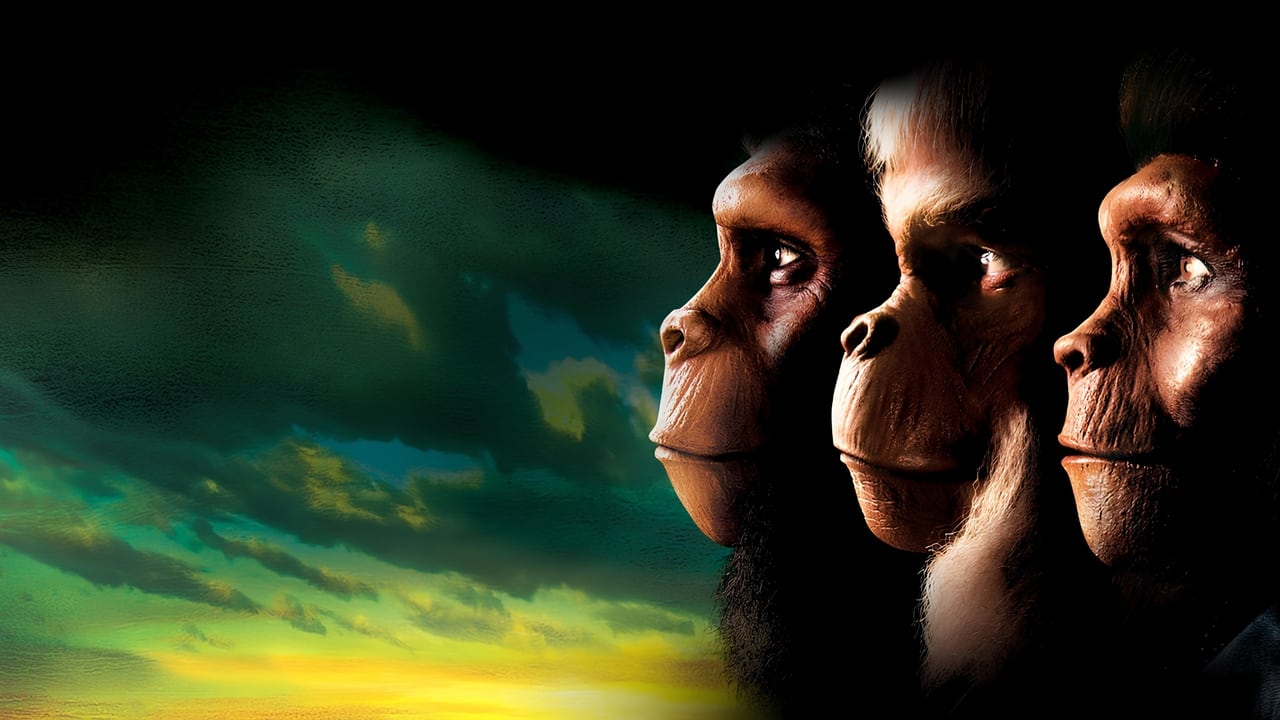Welcome to this movie review of the iconic 1968 film Planet of the Apes, masterfully directed by none other than Franklin J. Schaffner. Nestle into the world of Adventure and Sci-Fi, where Charlton Heston finds himself tossed into a topsy-turvy universe of intelligent apes. Let's dive into why this flick becomes a cornerstone for any cinema analysis eager to spotlight a true original.
The plot of Planet of the Apes is a screech of genius and WTF moments. Imagine being in hypersleep, only to crash-land — bam! — in the 40th century, where apes run the zoo (literally). Oppressed humans play the second fiddle on this strange new stage. The film tackles gripping themes of evolution, civilization, and what it means to be human or, well, not. These subjects pull you in and make you ponder: What would you do if the tables turned?
Charlton Heston's portrayal of astronaut George Taylor exudes a gripping desperation — that dude can even make shouting shirtless look dignified. And talk about eerie authenticity! Roddy McDowall as Cornelius and Kim Hunter as Zira bring warmth to their roles, turning mere rubber masks into pulsating, relatable characters. Add in Maurice Evans as Dr. Zaius and his intellectual ape chums, and you've got a fantastic cast delivering a parade of top-tier performances. The screenplay by Michael Wilson and Rod Serling brilliantly adapts Pierre Boulle's novel, crafting rich dialogues that linger well after the credits roll.
The cinematography, a wild escapade through arid wastelands and eerie ape cities, is a breathtaking experience. Franklin J. Schaffner captures the otherworldliness with expertise that draws you in and plants you squarely in this strange reality. No CG needed here, folks; it's all in the authentic costumes and set designs — bearing a rawness modern films often miss.
If you’ve seen 2001: A Space Odyssey or Logan's Run, then Planet of the Apes fits seamlessly among these best Sci-Fi movies of the '60s. But while Stanley Kubrick goes for cold technology, Schaffner's all about that organic, primal chuck. The movie’s end snatches your breath away and shoves you into contemplation land—an ending so bold, M. Night Shyamalan could only dream about pulling it off.
As much as I gush about the film, let’s be honest; not everything’s bananas-perfect. The pacing can slow to a crawl at times, with some scenes bogged down in overextended philosophical mush. Try not to drift off, though; those tidbits do link back to the heart-tugging twist in ways you won't expect. And while the practical effects mostly hold up, some can seem hokey to a CGI-savvy audience today.
In a nutshell, if you love Adventure and Sci-Fi, this movie is a must-watch film! Whether you're craving a deep film critique or a thought-provoking romp, Planet of the Apes surely appeals. So grab some popcorn, clear your schedule, and see why this is a cinematic masterpiece that even the newest generations should sink their teeth into!

